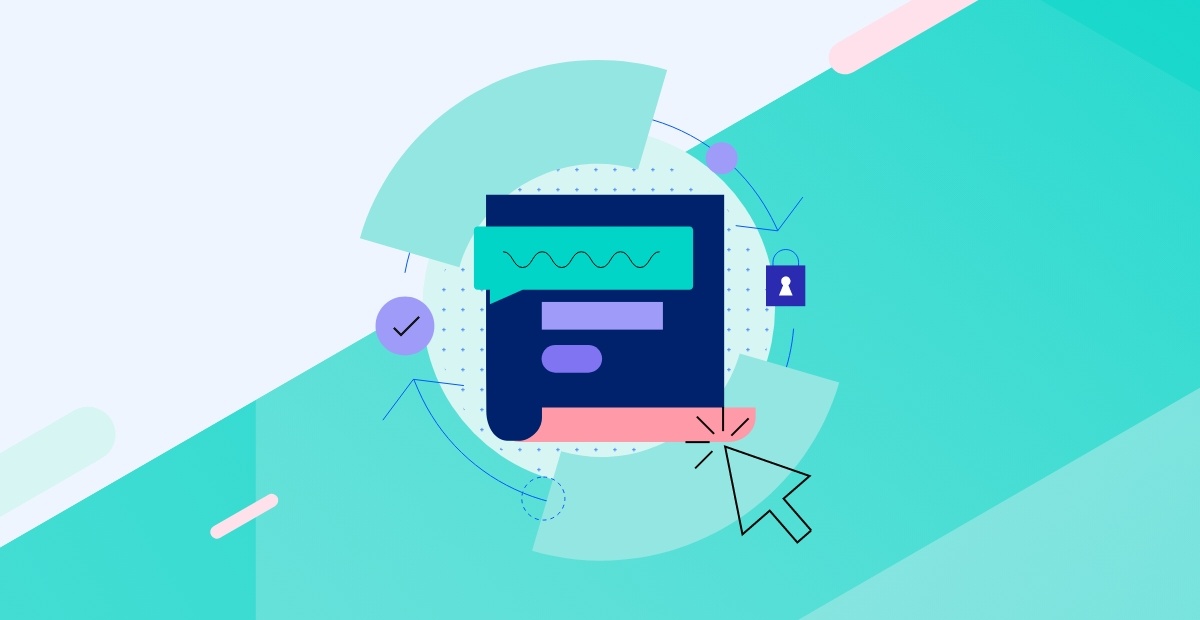How to Pick and Accept a Job Offer

Now, more than ever is a time to learn how to scout for and also choose the best job for you. With the pandemic still raging at the time of this writing, many people are out of jobs and on the hunt.
Even though the Coronavirus is wreaking havoc with lives, the economy and our careers doesn’t mean the world stops. Work must continue to get done, and the world economy must continue.
This horrific virus plaguing the United States and the world may limit the number of jobs out there. But, that doesn’t mean there are no jobs. It simply means we must all become more diligent about finding those jobs and, just as importantly, picking the right one for us!
The job hunt can be an extremely stressful time for so many people. Scouring through dozens of job listing, navigating through mounds of recruiters, and bugging your network of friends can wear anyone down. But now you’re through all of that, and you’ve got a few offers on the table! Yay! But wait--which one do you choose? Do you want any of them and keep looking? How you accept a job offer?
No job is perfect. Every job has some aspect that you wish didn’t exist, but do the positives outweigh the negatives? That’s up to you to decide, but in this article, I intend to help you mentally absorb some of these decisions in your noggin to make a better decision.
Throughout this article, I’ll attempt to answer questions like:
- Does this job pay enough for you?
- Will I be able to work on things I enjoy?
- Does it have enough security?
- How does it compare to the others?
- Am I willing to give up X for this job when Y job has it?
Check How Long Employers Will Wait Around
Before you even begin the decision-making process, ask all employers that offer you a job how long you have to decide. Different employers will have different requirements. Some may need to fill the role ASAP, and some may not be in a hurry and are willing to wait for you.
Know the employer’s expected answer as the next reply to the job offer. Knowing this will give you an indication of how long you have to decide.
You’ve Got Some Hard Decisions to Make
You’ve gone through the long struggle of finding that next dream job of ours. Dozens of interviews later, you’ve emerged victorious and have more than one job offer on the table. You’re guaranteed a job. Life is sweet.
Regardless of how hard of a decision you have coming up, you’ve got a great problem on your hands that others would give up their right arm for.
Hold up. Are you really done?
You’ve got a couple of job offers. That’s great! But, going with your gut instinct, are they good enough for you?
Do you feel that you would fit in well with any of the current job offers, or are you just not feeling any of them? Forget the data at this point. What’s your gut tell you? If you were to take any of the job offers you have in hand, would you be happy? If not, continue hunting.
You technically shouldn’t be at this point if you had adequately thought through your requirements earlier on. Going through an interview process is stressful for you and expensive for employers.
This is your last chance. Once you decide to close the door on other employers, do it. Physically shut a door in your house to make it a mental certainty if you have to. If you don’t, you’ll drive yourself crazy with thoughts of “What if I could do better?” in your head 24/7.
Remember that a job isn’t permanent. You’re not signing a contract in blood and pledging your life to a company. You are always welcome to quit when you choose. You’re not stuck. You’ll always have options.
Weigh your Requirements
Now it’s time to get down to making the big decision. Which job do you take? The typical job hunter would tell you to write down the pros and cons of each job and decide, but the engineer will take that a step further. We make decisions on data! …aaaaand some emotion, but don’t tell anyone.
Taking a new job is a big thing, and as geeks and engineers here, we must adequately define our requirements and compare/contrast them with each job offer. Let’s begin.
What are your soft requirements? You need to start thinking about how certain relevant aspects of a job are to you. I know you’re itching to do this, and I’m permitting you. Create a spreadsheet or some relational data system to begin documenting each attribute, assigning it a priority, and assigning each to the job offers.
For example, below, you can see an example of what you can do. Define out all of the attributes that are important to you and how important they are. Then, assign an offer to each one. Of course, you can get geek out hard on data like this. Spend as much time on this geekery as you feel necessary.

Go nuts and even come up with a number from 1–5 ranging from lowest importance to highest, assign them all to the others and see which job offer comes out on top. If you’re a purely data-driven person and have no one else like a spouse to answer to, you’ll have your answer right there!
Talk to Your Spouse
If you have a spouse, it’s time to talk. Which job does he/she think you should take? If you’re like me, my spouse sees me in a way I can’t see myself. She knows what I will like and dislike when I sometimes don’t. Take your spouse’s opinion seriously!
- What is important to them?
- Will they remind you of that big financial goal you set last month you completely forgot about?
- Do they remember those times when you worked for a demanding boss, and you exclaimed, under no circumstances, will you work for another boss like that?
- Do they know how excited you get when you get to work on XYZ technology?
Which job do they think you should take and why? Spouses sometimes see patterns in us; we’re unable to see ourselves.
The Big Decision
You’ve procrastinated long enough. After looking at your spreadsheet/way-too-complicated-decision-system for the fiftieth time this week and asking your spouse if they’re sure that one job offer is right, it’s time to make a gut decision.
Without thinking, what feelings are invoked when you ponder about each offer?
If you’re like me, you’ll feel in your gut which jobs feel like you’re wanting to take them but know it’s not right. I felt like this when interviewing for Microsoft. Even though it was a dream company to work for, I knew in my heart that I was not made to work for a large company regardless of the name.
I’m a Microsoft MVP, not a Microsoft employee. I need extreme independence and a vast open space to explore and grow. Microsoft, like any other big company, has gates for each position you’re expected to stay within. I thought I could manage it, but I’m glad it didn’t work out.
The moment you think of each job, which one makes you excited to get started? Don’t think about it. Just decide. By this time, you’ve done all of the thinking you possibly can. It’s now time for your brain to subconsciously recall all of that information and make a decision from the gut.
Have you decided? No? Refer to the previous paragraph. Do not proceed until you do.
Accept the Job Offer and Get the Formal Signed Offer
Congrats! You’ve decided which company to go with. I’m happy for you! Accept the job and wait to hear back. Start the onboarding process by signing the offer or contract to be 100% sure they cannot back out.
I’ve never personally seen a time when an employer offers a job and then backs out, but I’m sure it happens. Ensure you are 100% starting the new job before cutting ties with all other employers.
Close Up Shop
You’re going to work for a new company. Sweet! Now it’s time to close up all of this job hunt nonsense.
Don’t Leave Employers Hanging
Once you get that formal confirmation, don’t be rude and immediately let the unfortunate other employers know immediately.
Let all open offers know immediately so they can begin looking for someone else. Don’t casually forget about others’ when you make a decision. That’s rude. Make it a priority to notify them immediately.
- If you’ve set yourself as Looking for a Jobon LinkedIn and other sites, turn that off to prevent recruiters from hounding you.
- Unsubscribe from all of those job alert emails
- Announce to your network you’ve accepted a job
- Let the world know you’ve completed your mission and to stand down
Summary
Finding a job can be a stressful yet gratifying endeavor. You’re in a great spot to have found more than one job offer. Don’t take the decision lightly and think it through. And remember, no job is permanent. You can always find another one if you end up making the wrong decision.

Adam Bertram
Adam Bertram is a 25+ year IT veteran and an experienced online business professional. He’s a successful blogger, consultant, 6x Microsoft MVP, trainer, published author and freelance writer for dozens of publications. For how-to tech tutorials, catch up with Adam at adamtheautomator.com, connect on LinkedIn or follow him on X at @adbertram.

Latest Stories in Your Inbox
Subscribe to get all the news, info and tutorials you need to build better business apps and sites